Published
- 07:00 am
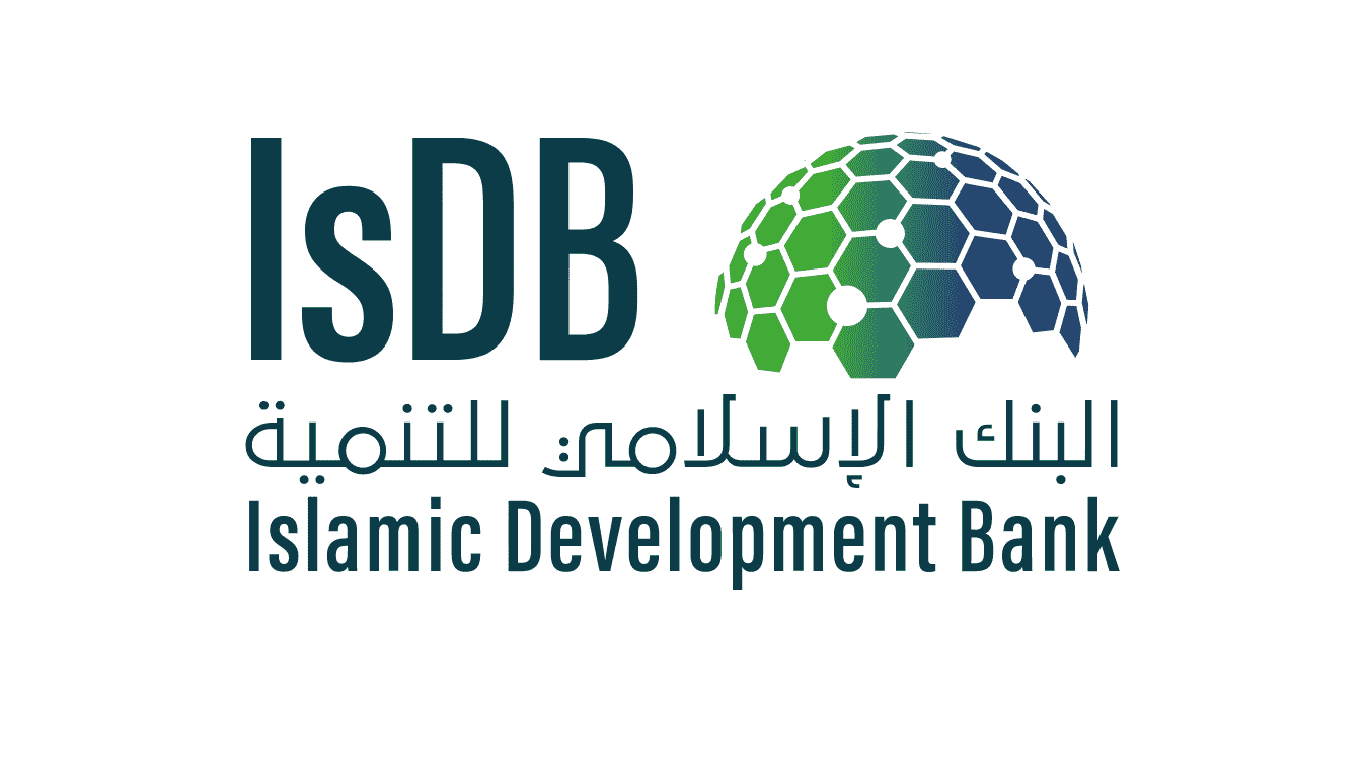
The private sector institutions affiliated with the Islamic Development Bank (IsDB) Group organized:“The Private Sector Forum” in its tenth edition, during the period from 2-4 June 2022, at the main conference hall in Sharm El-Sheikh, Egypt. The Forum occurred on the sidelines of the Annual Meetings of the Bank’s Board of Governors, under the theme: "Beyond Recovery: Resilience and Sustainability".
It is worth noting that the Forum highlighted the activities of the Bank Group, in addition to its services and initiatives in the member countries, including the Arab Republic of Egypt. It also explored the investment and business opportunities and challenges facing the business sector in the member countries, as well as the available financing tools, such as Lines of finance, trade financing and development, and investment insurance, and finally export credit.
Moreover, this event, with its list of activities, presented various economic topics and development projects. The Forum’s program included holding bilateral meetings (B2B and B2G) with the aim of networking, forming partnerships, establishing business relations, exchanging experiences, and presenting success stories.
This Forum witnessed the presence and participation of senior government officials, presidents and CEOs of local, regional, and international private sector companies, along with investors, businessmen, chambers of commerce and industry, trade, and investment promotion agencies, as well as regional and international development financial institutions.
The Forum’s sessions included discussions on the activities, roles, and support provided to member countries. The Forum also addressed issues related to private sector development and trade finance, and the challenges of investment insurance and export credit, with the aim of further encouraging economic and social development among member countries.
During the sessions, the main challenges that hinder the business community and the concerned trade and investment bodies in the Arab region and other member countries were discussed by fostering an environment that allows the parties to take advantage of the available opportunities.
His Excellency Dr. Muhammad Al Jasser, President of the IsDB Group, said: “The Private Sector Forum of the Islamic Development Bank Group in its tenth edition, was held this year in a new form over three consecutive days instead of one day, like what used to happen in the past. The Forum has achieved its objectives and desired outcome during its economic, investment, and business activities and seminars, with the aim of integrating the public and private sectors, which both constitute a basic pillar for economic and social development in our member countries. The public sector is responsible for developing the infrastructure and legislation to create an attractive business climate for the private sector, to be able to develop the production and create job opportunities.”
His Excellency thanked the attendees for participating in the Forum, which included 20 activities, more than 100 speakers, 55 exhibitors, and 2000 participants representing 70 countries. It also witnessed the signing of more than 50 agreements.
During her speech, Dr. Hala El Saeed, Minister of Planning and Economic Development of the Arab Republic of Egypt, expressed her pride in hosting the IsDB’s Annual Meetings by her country for the first time in 30 years, stressing that the goal of the "Private Sector Forum" is to support all development efforts of the private sector in member countries.
El Saeed pointed to the challenges that the world faces, resulting from various global turbulences, pointing to COVID-19’s crisis, then the repercussions of the geopolitical crisis and the Russian-Ukrainian war that occurred before the full recovery from the aforementioned pandemic, stressing that all of these repercussions greatly affect all countries of the world, which is the matter that requires cooperation to make more room for the private sector to participate in the development efforts.
In his opening speech, Mr. Ousama Kaissi, CEO of the Islamic Corporation for the Insurance of Investment and Export Credit (ICIEC), stated: “The Private Sector Forum is an important platform for the Islamic Development Bank Group to engage with various stakeholders in different aspects. The pandemic and the Ukraine war have exposed dangerous fault lines, including supply chain disruptions, failed healthcare systems, resource scarcity, and the rising cost of living that has disproportionately affected millions, especially in low-income countries.”
He added: “We cannot overemphasize the importance of political risk insurance and credit enhancement, which have a proven track record of effectively reducing risk, thereby stimulating private investment in emerging markets through capital efficient bonds. The pressure on national budgets has severely limited the ability of governments to mobilize funds, and the need for the private sector’s capital is greater than ever, as our engagement with this sector must be realigned to include ever-changing development priorities so that we can deliver on our mandates to the citizens of our member countries.”
Commenting on the success of the Forum, Eng. Hani Salem Sonbol, CEO of the International Islamic Trade Finance Corporation (ITFC), said: “Supporting the private sector has become more important than ever and is moving towards a more flexible and sustainable economic development. In this context, ITFC truly appreciates this active participation of the private sector in the Private Sector Forum, during which an excellent platform to enhance the trade and investment opportunities was provided, which was offered by the OIC member countries. Therefore, it is very important that these new business opportunities be financed so that the private sector can operate as an economic catalyst to make a tangible and meaningful impact."
Mr. Ayman Sejini, CEO of the Islamic Corporation for the Development of the Private Sector, mentioned: “Creating an enabling environment and putting in place appropriate safeguards that need to accompany increased private sector engagement in often sensitive sectors is crucial. A set of guiding principles can help overcome policy dilemmas associated with increased private sector engagement in SDG sectors. A number of tools, including public-private partnerships, investment insurance, blended financing and advance market commitments, can help improve the risk-return profile of SDG investment projects.”
Related News
- 05:00 am
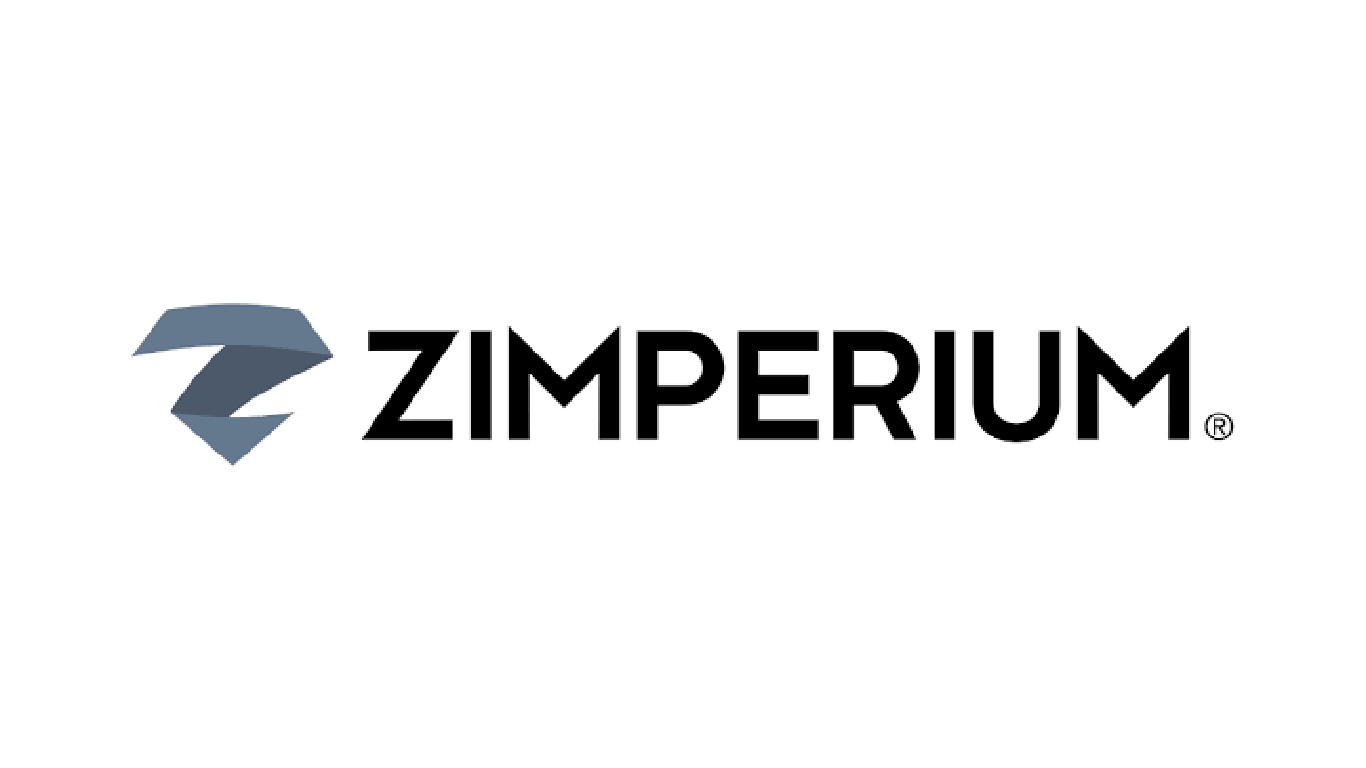
Zimperium, the only mobile security platform purpose-built for enterprise environments, today published new research detailing the increasing risk financial institutions and consumers worldwide face due to Trojan horse malware targeting mobile applications. This new report titled, “Mobile Banking Heists: The Global Economic Threat,” examines more than 600 financial apps, which account for more than 1 billion downloads worldwide, and the degree to which 10 prolific banking trojan families target them. The report provides an audit of who these trojans target, how they’re deployed, how they work, and which countries are most impacted.
“Not every trojan targeting mobile and banking apps are created equal – they’re disseminated differently, use different exploitation techniques, and vary in other degrees of reach and sophistication,” said Nico Chiaraviglio, VP of Security Research at Zimperium. “We’ve seen ad hoc reports of different banking trojans over the past few years, and anecdotally, people may have recognized that they’re increasing in scope and frequency. But until now, no one has taken a step back to analyze and understand the big picture. That’s exactly what our Zimperium zLabs mobile threat research team has done.”
In addition to a detailed examination of 10 major banking trojan families and the mobile apps they target, the report also chronicles how this threat is increasing. In fact, the malware known as both ExobotCompact.D and Octo was originally discovered in 2017 and is the oldest known banking trojan outlined in this report. The Android / Bianlian Botnet malware is the next oldest banking trojan assessed and was discovered in 2018. The eight other banking trojans in the report were all discovered since 2020.
Among other key findings:
- The most targeted mobile banking application is “BBVA Spain | Online Banking” with over 10 million downloads. This one application is targeted by 6 of the 10 reported banking trojans.
- In the U.S., 121 financial applications are being targeted by banking trojans, accounting for more than 286,753,500 downloads. The U.K. and Italy are the next most-targeted countries with 55 and 43 apps targeted, respectively.
- The top 3 mobile financial apps targeted by trojans focus on mobile payments and alternative asset investments, like cryptocurrency and gold. These three apps account for over 200,000,000 downloads globally.
- The most prolific family of banking trojan is Teabot, which is being used to target 410 of the applications listed in the report.
Zimperium’s research team analyzes several hundred thousand applications each day with state-of-the-art machine learning models and other proprietary techniques. The samples covered in this report were collected and classified using this methodology.
Related News
- 09:00 am
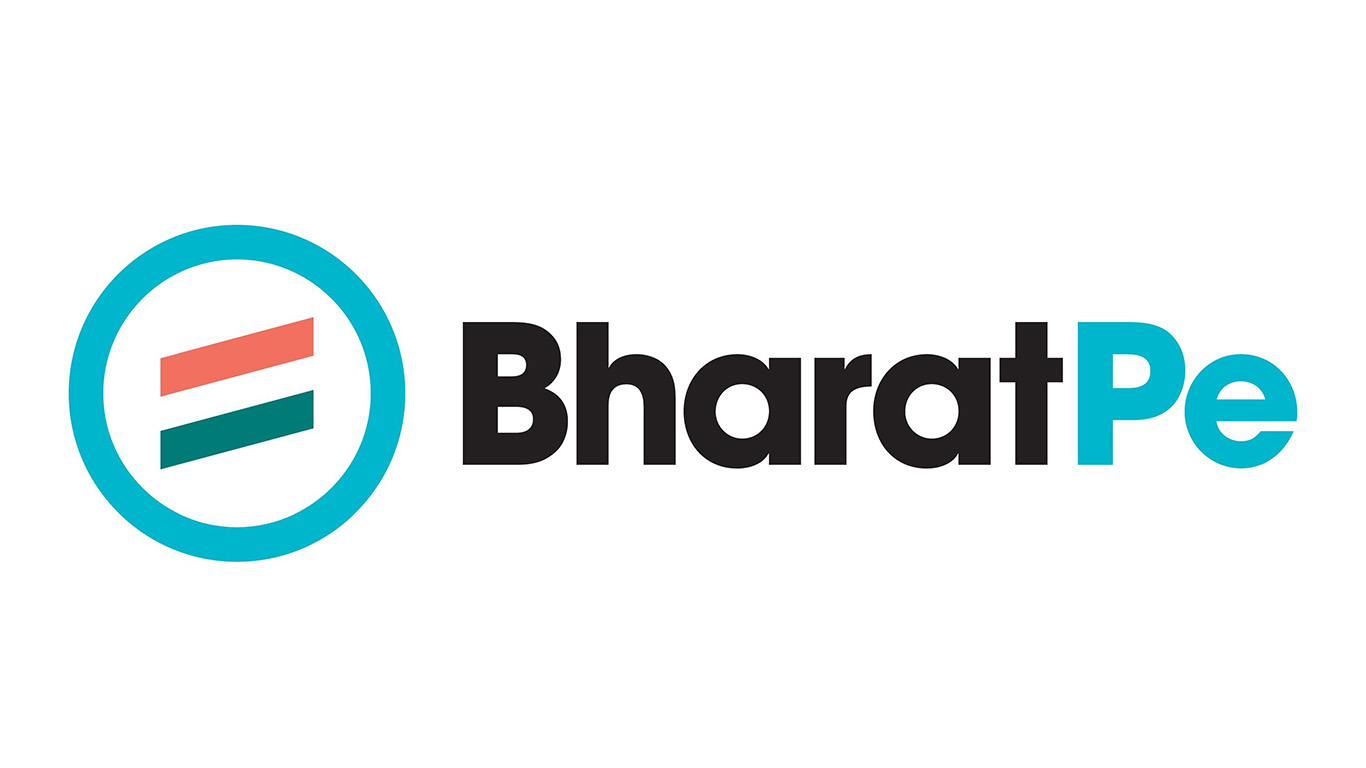
BharatPe, one of India’s fastest-growing fintech companies, today announced the launch of its new brand campaign -‘Hai Yakeen’. Conceptualized around the power of dreams and tenacity of offline merchants and SMEs, the campaign aims to celebrate the success stories of the resilient community of entrepreneurs of Bharat, across a range of industries. The TVC has been directed by the celebrated ad-film director, Anupam Mishra. Naseeruddin Shah has lent his voice to the TVC. Along with the TVC, BharatPe will be running a high decibel 360-degree campaign across TV, OTT and digital media.
Designed with the objective of showcasing the passion of small offline businesses, the film crafts the stories of 6 small business owners and highlights how they fulfilled their big dreams with resilience, innovative thinking and hard work. The film also establishes the trust BharatPe has in the high growth potential of offline merchants while helping them with best-in-class fintech products that are enablers in their growth story.
Speaking on the launch of this new campaign, Mr. Parth Joshi, Chief Marketing Officer, BharatPe, said, “For us, ‘Bharat’ stands for the indomitable spirit, can-do attitude, and the tenacity to bring change. This is the reflection of millions of merchants who are silently marching forward to shape the nation and are the soul of Aatmanirbhar Bharat. Their dreams, aspirations, efforts, and innovative thinking can be seen everywhere, every street, every corner, every city- across the country. BharatPe was designed with the intent to empower these millions of offline merchants who play an integral role in building a new India. With this campaign, we celebrate millions of untold stories and hope to inspire a whole new set of merchants to believe in the power of their dreams. We are grateful to our 8 million+ merchant partners who have put their faith in us. We are committed to building products that will empower millions of offline retailers and SMEs in the country.”
Related News
- 04:00 am
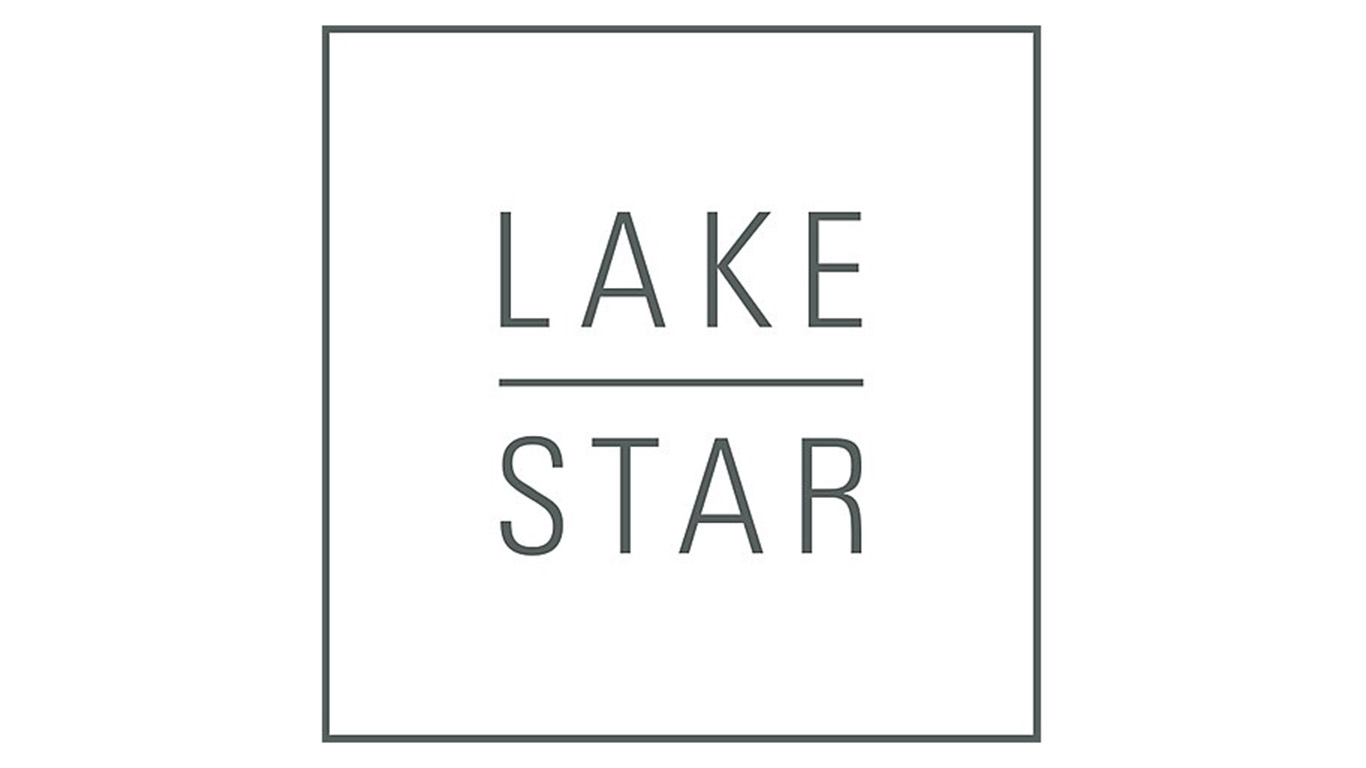
The UK Financing Gap report, published today by a leading European venture capital firm, Lakestar, reveals the £1.5 trillion financing gap needed to triple the UK’s GDP growth.
The research shows that by investing £75bn annually, by 2040 into new and emerging industries from digital to biotech, space and decarbonisation, the UK can unlock new sources of growth, and avoid the risk of falling behind.
The report finds that while the UK is one of the world’s leading economies, and underwent an economic transformation in the 1980s enabled by deregulation and privatisation, that financed new growth companies, the next wave of economic growth cannot replicate the formula of the past.
New sources of growth are required, and scaling up 10,000 new growth businesses by 2040 would create £5-7trn of value and triple GDP growth to 2-3%.
While the UK has the highest number of unicorns, none of today’s top ten UK companies was founded or scaled in the last 20 years. Whereas in the US, seven of the top ten companies were created in the last twenty years. Plugging the funding gap facing the UK by attracting and unlocking new private capital investment is essential for making sure new British businesses scale into globally competitive businesses, and tripling GDP growth.
Lakestar has invested in and helped scale, some of the UK and Europe’s most successful and emerging technology companies such as Spotify, Revolut, Eigen, Blockchain.com, Accuryx, Sennder and Yapily. With banks unable to provide the growth financing needed for regulatory reasons, Lakestar believes a new wave of private capital must be unlocked not only to scale the companies of the future but also to make sure the UK retains governance and control of strategic companies in the UK.
Klaus Hommels, founder and chairman of Lakestar said:
“The UK has a vibrant startup ecosystem already. With world-class institutions and incredible entrepreneurs, the next phase of growth can be achieved with an ambitious strategy for scaling the companies of the future.”
“Scaling up growth companies over the next two decades would help the UK win in battleground sectors, and retain digital sovereignty.”
Sam Gyimah, venture partner at Lakestar and former Minister for Universities, Science and Innovation added:
“Solving the UK financing gap would put a rocket under GDP growth and usher in a new generation of globally competitive British businesses.”
“High growth businesses are the backbone of a successful economy, scaling investment in new industries could create value similar to the US over the last twenty years.”
Related News
- 09:00 am
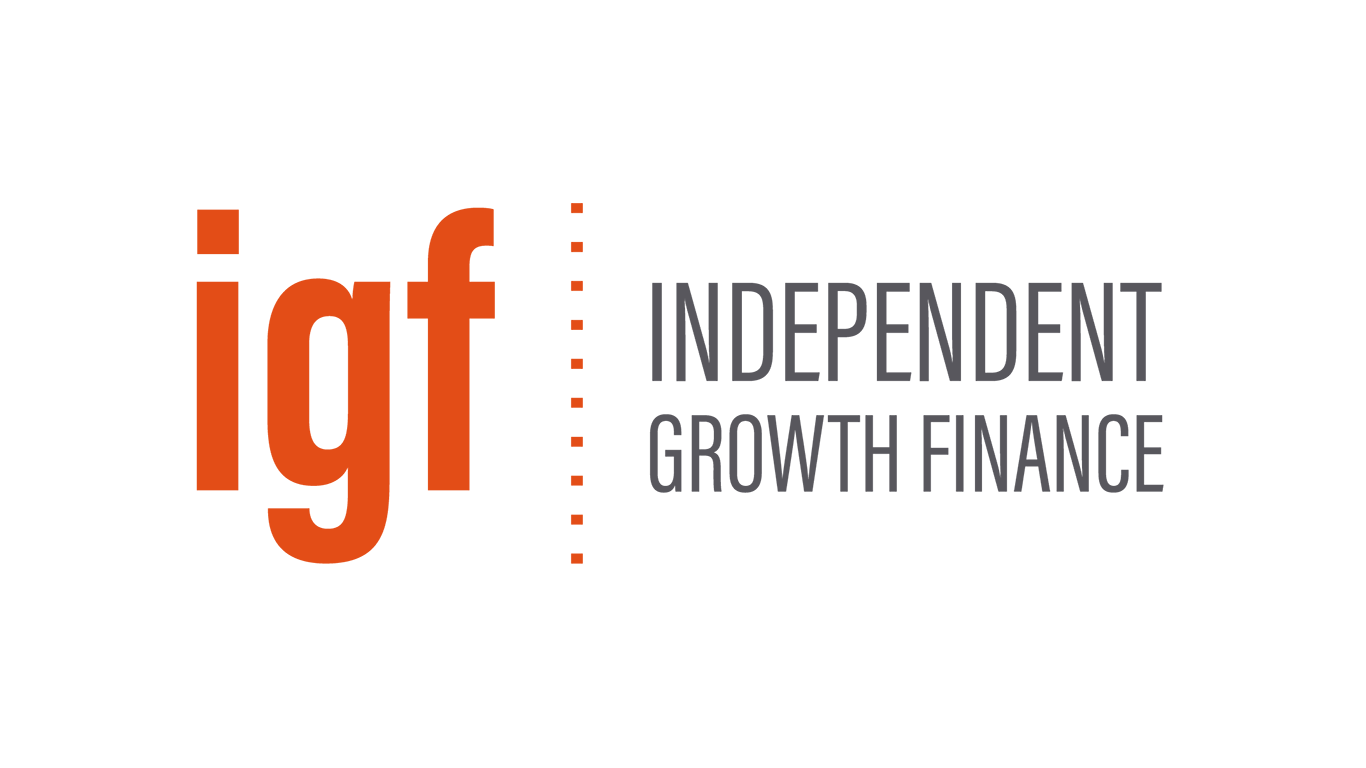
Leading independent asset-based lender Independent Growth Finance (IGF) has announced its latest growth figures, building on 2021’s record-breaking results.
April saw client volume increase by 46%, now more than £2.4bn annually and a 55% growth in fund-in use against the same period last year. This continued growth is impressive amidst challenging economic conditions and is a testament to IGF’s continued commitment to financing underserved SMEs and lower middle-market firms.
Supporting UK Businesses
IGF ended 2021 with a lending portfolio accounting for £2 billion of UK revenue, and more than 5,000 jobs. This has further expanded in 2022, as IGF continue to provide financing to businesses across regions and industries to support them through their growth.
IGF's full suite of Asset Based Lending (ABL) facilities allows companies to be funded against assets such as property, plant and machinery, stock or cash flow lending. Unlocking funds from within a business, supporting growth and investment, whilst maintaining the flexibility businesses need in times of unprecedented change.
IGF supports event-driven transactions, including growth and acquisition, providing business owners and their sponsors with sharp decision making and commercial underwriting - ensuring opportunity can be maximised throughout the relationship.
Michael Fletcher, IGF Commercial Director commented:
“Given turbulent economic conditions, it is pleasing to see that our growth shows no signs of abating. Boardrooms across the country are facing up to the challenges of 2022 and looking for opportunities amidst them. Financing is key to capturing these opportunities, and in some cases can act as a defence against rising interest rates, inflation, and operating costs.
For these businesses, it is vital that they have access to a financing provider who understands their unique business context, is attuned to the needs of the middle market, and can mobilize finance with speed and certainty. By meeting these criteria, we strive to be a ‘partnership lender’- and this approach continues to drive growth for IGF and our clients.”
Related News
- 04:00 am

London-based Trust Payments, a disruptive leader in fintech specialising in frictionless payments and value-added services, is expanding its existing relationship with Fiserv to support the company’s ambitious growth and worldwide expansion plans. The new long-term agreement builds on the companies’ successful collaboration since 2012 and will allow Trust Payments to provide its clients with on-demand payment capabilities, enabled by acquiring-as-a-service (AqaaS) capabilities from Fiserv.
The emergence of AqaaS has made it possible for a broad range of fintech beyond financial institutions or large payment processors to become merchant acquirers, enabling the acceptance of card payments for their own clients.
“Enabling card payment acceptance is a must for any company looking to include payments as part of their services mix. And, for fintech offering payment acceptance, the selection of a processing partner is critical, as their advice, experience, flexibility and reliability have a strategic impact on business operations and growth,” said Adam Bowman, Vice President of Acquiring-as-a-Service at Fiserv. "Trust Payments is one of the industry’s most dynamic payments players, and we are proud to extend our relationship with them as they accelerate their growth and serve even more businesses.”
Trust Payments is seeing rapid growth, with a 73% increase in total revenues last year, as more merchants recognised the need for digitisation of payments and commerce, partially fuelled by the rise in contactless spending and the need to meet growing customer demand for omnichannel experiences.
"Trust Payments has had a successful, long-standing relationship with Fiserv and is delighted to further extend this partnership based on the proven Fiserv track record of supporting acquirers at scale,” said Daniel Holden, Chief Executive Officer of Trust Payments. “With this extension, Fiserv will deliver the next generation payment processing capability necessary to support Trust Payments’ growth for years to come.”
Trust Payments is also one of the first businesses to utilise the Fiserv suite of API-enabled services to facilitate faster and more seamless access to new capabilities.
“Fiserv has demonstrated its commitment to invest in its technology and processing services in the coming years, which will be pivotal to Trust Payments’ delivery of data and services to our clients via on-demand APIs and SDKs,” said Holden. “This partnership will enable us to continue providing our merchants with the most innovative global commerce services.”
In a world that is moving faster than ever before, Fiserv helps clients deliver solutions that are in step with the way people live and work today – financial services at the speed of life. Learn more at fiserv.com.
Related News
- 08:00 am
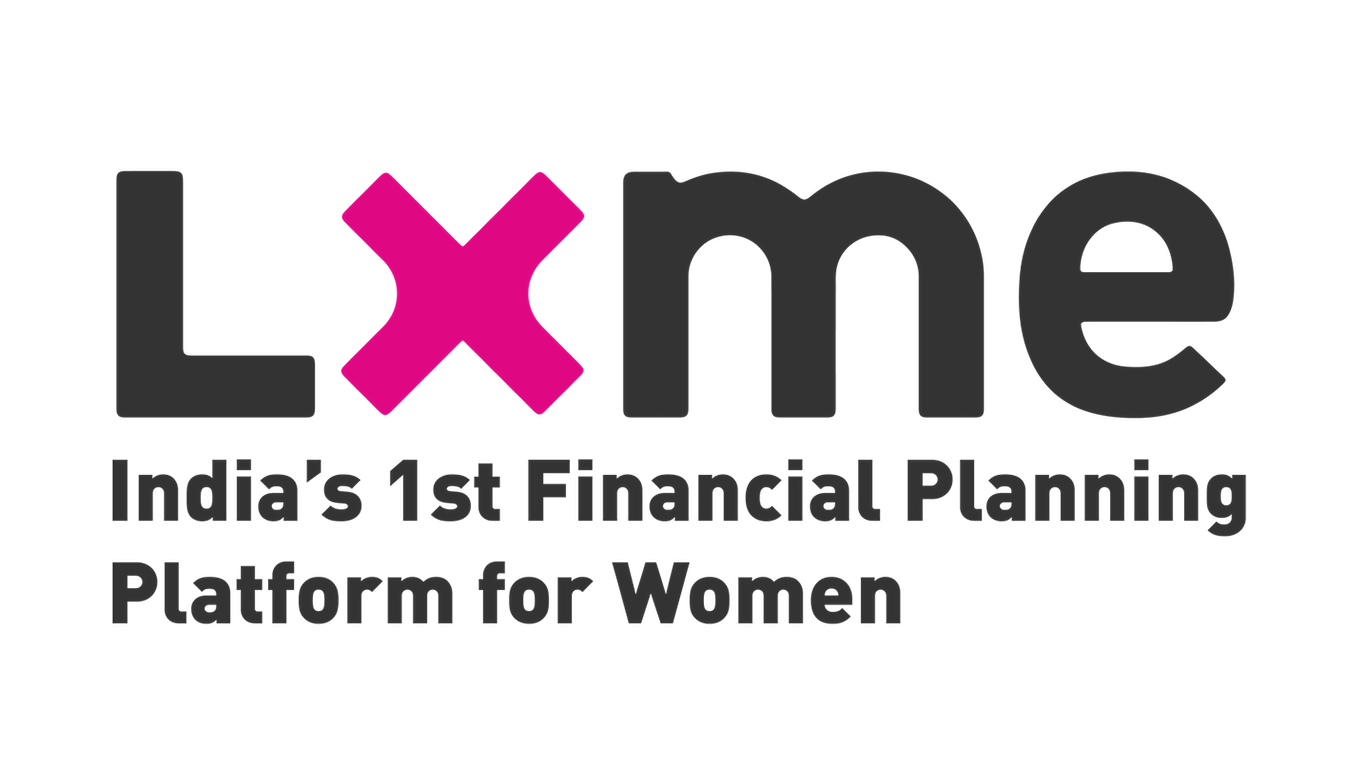
Setting an example of leading women empowerment in India, fintech startup LXME has been featured in the Official Platinum Jubilee Pageant Commemorative Album, released in the honour of Elizabeth II, the Queen of the United Kingdom. The prestigious Official Platinum Jubilee Pageant Commemorative Album charts the trials and triumphs of The Queen’s 70-year reign and also features a select number of outstanding individuals and organizations from across the country and the Commonwealth.
The album ‘Platinum Jubilee Pageant Commemorative Album’ was launched on June 5, 2022, as part of the UK’s four-day bank holiday weekend of Jubilee celebrations.
Being one of the Indian entrepreneurs to be invited to the event, financial feminist Priti Rathi Gupta, Founder of LXME, represented the company and stood as a stellar example of women in leadership building a unique value proposition for women.
Her Majesty the Queen is an icon of female leadership, all over the world. Championing other women in leadership roles, particularly those in historically male-dominated industries, is a strong remit behind the initiative.
On the achievement, Priti Rathi Gupta, Founder, LXME said, “We are humbled and immensely honoured to have received this global recognition of all our efforts and tribulations in empowering Indian women. At LXME, it has been our endeavour to simplify finance for Indian women and encourage them to take charge of their finance. This global recognition will enable us to demonstrate the advantages of greater equality, diversity, and inclusion in the financial and investments sector.”
The book, which is the only official book to be published celebrating the Platinum Jubilee Pageant, is produced by publisher St James’s House and written by royal authors Robert Jobson and Katie Nicholl, with contributions by Tom Parker Bowles.
LXME named after the Hindu Goddess of Wealth is a woman-first financial platform focused on reducing the financial gender disparity in India. Founded in mid-2020, LXME simplifies money matters for women by creating and facilitating a community of women to engage in conversations that make them confident about gaining more control of their finances and learn from each other as they progress on their financial journeys. LXME is run by a powerful team of women who’ve made it their life’s mission to create impact beyond measure, led by Priti Rathi Gupta
Priti Rathi Gupta, Founder of LXME, has led and inspired over 100,000 women towards building their financial acumen and financialization of their small savings. An Alumni of Harvard Business School, she had held leadership positions as M. D. of Anand Rathi, one of India’s largest Financial Services Conglomerate, at YPO, and Founder of Ishka Films. She is a reputed expert awarded for setting up the Commodities desk, Currency and Forex Advisory business with two decades of experience in the BFSI industry & is now focused on bridging the gap between women & wealth.
Related News
- 07:00 am

Dear readers, we are delighted to share yet another significant upgrade that our team at B2Broker has accomplished. We keep working hard to develop the industry's best, safest, and most convenient platforms. We have updated our main products, B2Trader & B2Core, where we included various features. These updates are yet another proof of our commitment to delivering innovative solutions.
So what does our latest upgrade include?
Brand-new structure for commissions
Relevant advice for our customers
Improved filters for PnL and client ID reports
Improved performance and stability
Fresh design together with a new interface to enrich the user experience
We hope you enjoy these improvements, and we look forward to bringing you even more great features in the future!
New Commissions Structure
Our squad at B2Broker is looking for ways to do everything possible for our clients. For that reason, we have completely reviewed our commission structure. There will be no need to set a role for each user from now on. It became possible because we managed to launch a flexible group framework where admins have the ability to adjust desired conditions for users. It will now be possible for each of these groups to set the commission for the preferred instruments. That being said, this brand new feature gives our clients more control like never before. Are you interested in our unique commission structure? Please, proceed to the B2Trader documentation. B2Trader is a solution with which you will always have the possibility to discover the unseen potential for your trading platform.
Updated UI
We have also added valuable pieces of advice that will enrich the user experience. From now on, each of the components will be filled with individual informative descriptions. Consequently, the trading platform interface will now become even more friendly for users. Also, we will update the tips on a regular basis in order to keep the latest changes on the platform always fresh.
Now, users will have three options to choose from: New, Experienced, or Professional. Based on experience, they all include different scenarios that explain every detail of the trading platform. Let's say a user chooses the first option. By selecting that, they will be given a thorough guide on using the platform. Alternatively, Experienced users will be given more advanced scenarios that cover sections such as market analysis. We believe that by offering these updates, every user will enjoy a valuable experience when enrolling and will get the most out of our platform.
Client ID Reports
The product team's efforts to reduce manual operations for our clients will most certainly be worth it. Thanks to the inclusion of client IDs, registration and all paperwork for domestic financial authorities is now as simple as it can get. These IDs are uploaded from now to all pages where the user is presented. It will include transfers, transaction/trades, transaction/orders, balance/users, and commission/users. We're proud that we can be ahead of our competition and offer completely new options and services to our customers.
New Pair Field Update
B2Broker has also managed to improve several hint areas, mainly in creating a new pair of Settings → Markets → Add Market + Edit Market. With this improvement, customers will be able to see what should be entered in the fields and what should not. The areas will also include notifications in case of potential flaws. By making this, we ensure that all markets are correctly set up and will operate as they should.
Optimized Filters
The PnL field in the admin panel has been updated to include a filter by year option. This will lead to a more apparent layout and analysis of one's data. In order to make it easier to track every change made, a field will show the exact date when the customer's data was last updated. Besides that, we managed to fix a few glitches and made some improvements.
Conclusion
B2Trader and B2Core are two of the most advanced platforms in the industry. Why is that? Well, because we provide traders with the widest range of features among our competition and trading experience with B2Broker has never been smoother than now.
If you haven't tried out our platforms, try now! We will constantly bring new series of updates; therefore, stay tuned because additional improvements are coming soon, and they will enhance these features even more. Also, don't forget to read about the new packages we've recently released with success.
Related News
- 02:00 am
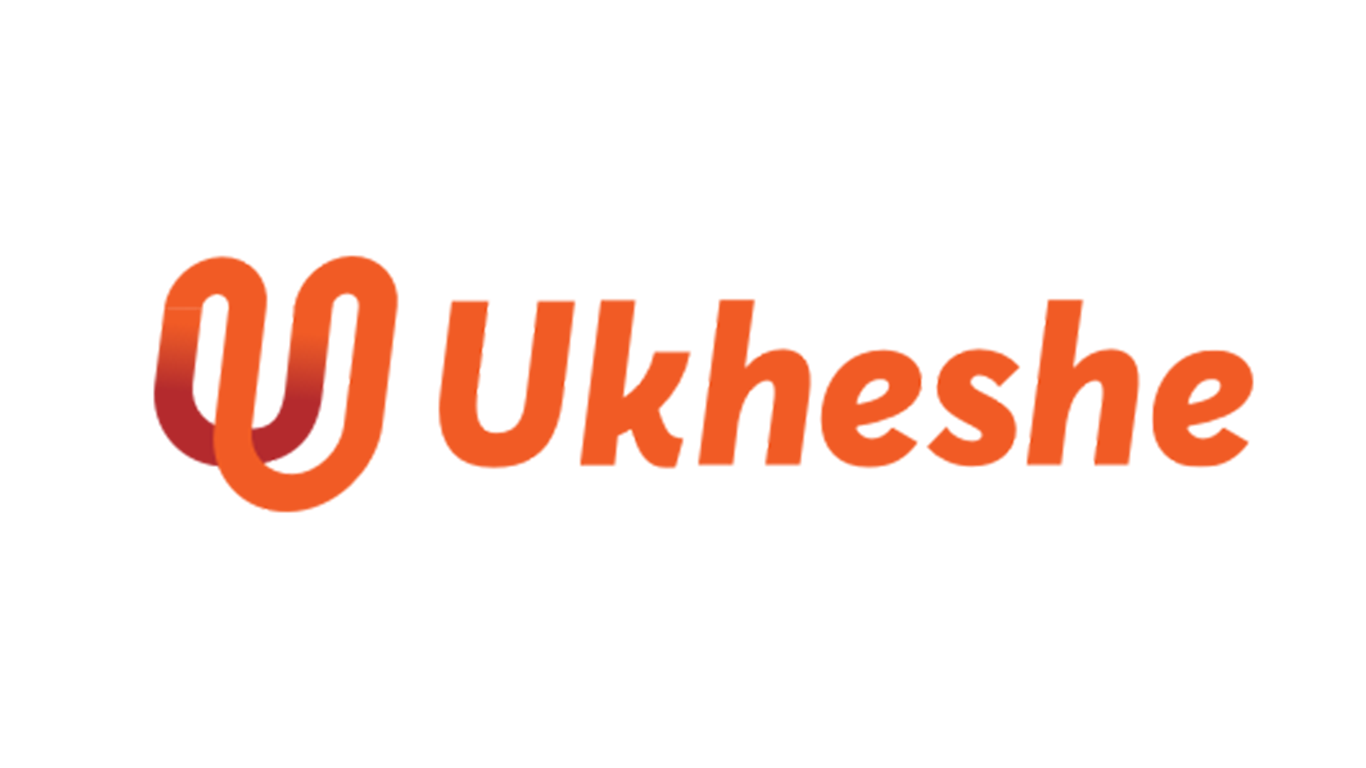
Embedded finance enabler Ukheshe Technologies has announced the launch of the very first tap-on-phone payment solution that requires no certifications. Though tap-on-phone payments have been available for a while, up until now this functionality has been costly, with several administration hurdles.
Ukheshe has solved this problem by creating a simple and quick process for merchants and service providers to accept tap-on-phone payments. It will allow any near-field communication (NFC)-enabled Android phone to accept tap-on-phone transactions - no need for any certifications and app approvals, and no need to include any third parties or software development toolkits (SDKs).
Paul Selibas, President: Channel Solutions for Ukheshe Technologies, says this will be especially helpful for SMEs, solving their difficulties in accepting card transactions. “The cost of a terminal is a hurdle to these businesses, not to mention the additional distribution and maintenance concerns. This new technology combats the high costs of app certifications in developing and implementing tap-on-phone solutions.”
According to an Accenture report, micro-merchants represent around 40 per cent of the GDP in emerging markets, but 90 per cent of them don’t take digital payments of any kind. Tap-on-phone payments are the most practical way to enable these businesses to accept digital payments – not only for their convenience but now also for their ease of implementation and lower costs.
Tap-on-phone essentially turns a merchant’s smartphone or tablet into a contactless point-of-sale (POS) terminal that can receive payments from contactless cards or mobile wallets, without requiring any additional hardware.
When a merchant requires a payment, the merchant’s app would initiate the tap-on-phone functionality. The customer would then tap their card against the merchant’s phone, and the purchase is done. Similarly, if a customer were to make a payment in a consumer-facing app, the customer could tap their card on their own device and the payment is complete.
Tap-on-phone transactions are protected by the same security and encryption technology offered with chip cards throughout the world, and the same secure transaction process as traditional POS transactions.
Ukheshe’s solution allows any merchant or service provider, from a corner store owner to a taxi driver, to accept a tap-on-phone payment powered by its Eclipse platform. Once the tap-on-phone function is selected, the Eclipse Payment Service App (EPS) will open on top of the merchant app and the payment will be facilitated by Eclipse.
Traditional legacy banking and POS systems often carry high costs, excluding many SMEs and most micro-enterprises. Considering that developing countries’ economies heavily rely on such enterprises, and 61 per cent of consumers today prefer to shop where contactless is available, large swathes of entrepreneurs were previously excluded from playing their valuable part in economic growth.
“Ukheshe is driving down the barriers to entry in payment acceptance for businesses through simpler, more affordable functionality and low-friction sign-up. We are setting the trend; disrupting the traditional POS system. I think there will be many players rushing out to follow suit because this is a game-changer,” says Selibas.
- The planned production release for the EPS is 1 July 2022.
Related News
- 05:00 am
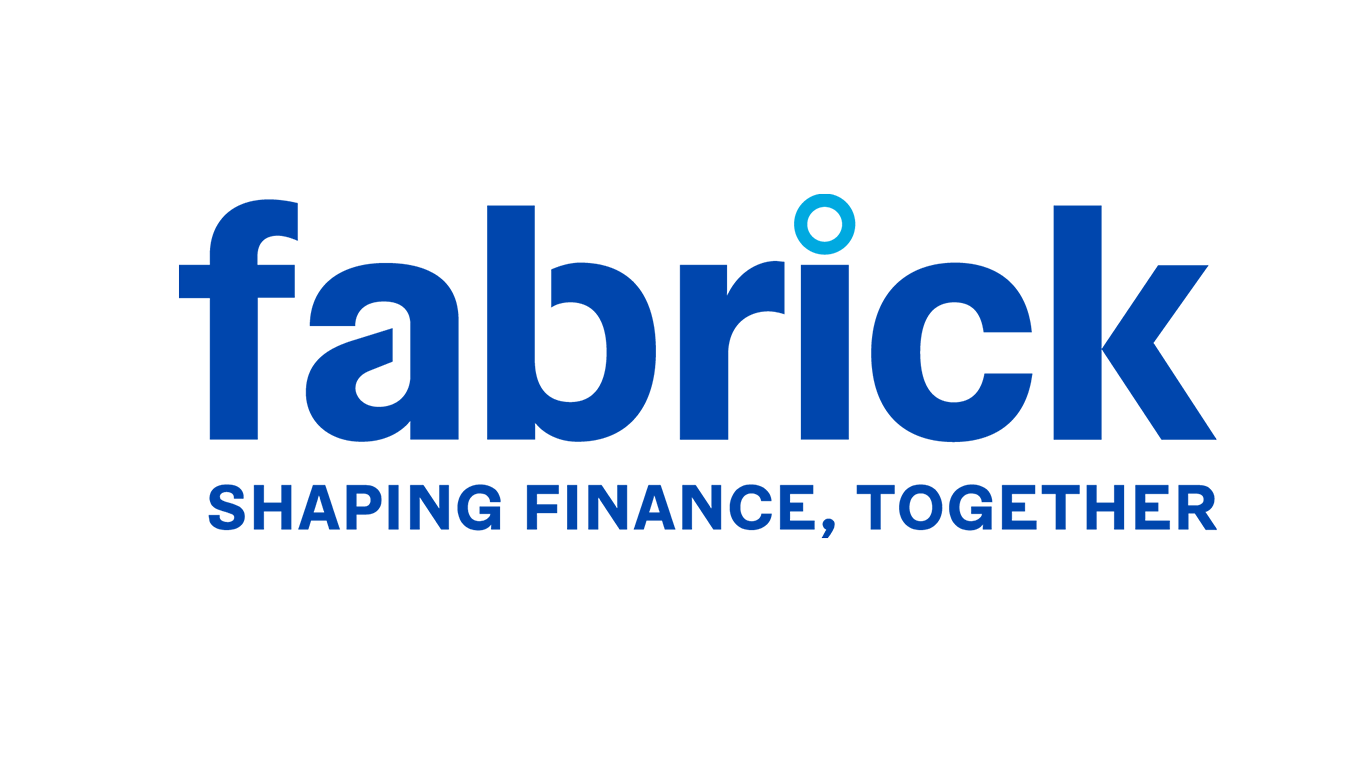
Fabrick, a leading player in Open Finance returns to Amsterdam as a participant at Money20/20, the international flagship event for the evolution of financial services, which will host the world's most important players from 7th to 9th June.
Four years ago, in 2018 at Money20/20 in Amsterdam Fabrick’s Open Finance platform was first presented to the market, sharing its pioneering vision for an open platform project, with the mission of fostering collaboration and simplifying innovation for banks, fintech and corporations. The Open Finance platform has since helped support its clients through the profound change taking place. Today, with a team of 400 people, hundreds of clients and more than 1,400 APIs, Fabrick presents some of its embedded finance solutions, which are already in use and that reflect the evolution and concrete solutions that have made the company a leading player internationally.
Thanks to the connection of over 700 European banks and the orchestration of open banking and open payments services, Fabrick’s solutions allow businesses from any sector to co-create financial services and integrate them into their offerings in order to design bespoke customer experiences and new business models.
Based on Fabrick’s ability to interpret market changes and its operational management, UnipolPay has chosen to work with Fabrick on the development of its innovative payment solutions, to bring concrete benefits to the end customer and to strengthen the customer relationship through a holistic offer that adds value. Following this new partnership, Leonardo Rubattu - CEO of UnipolPay - will join Fabrick CEO and co-founder Paolo Zaccardi, on 8th June at 11.40 am CET at the Plantarium Stage, RAI, in a discussion about the evolution of embedded finance in Europe moderated by Louise Maynard-Atem, Head of Data Insights at GBG.
Leonardo Rubattu, CEO of UnipolPay: "In continuity with the objectives of Unipol Group's new three-year strategic plan, UnipolPay aims to offer not only the Group's customers but also the market, distinctive and advantageous payment solutions, exploiting first and foremost synergies with Unipol's innovative mobility, welfare and property services. After examining multiple solutions at the international level, UnipolPay identified Fabrick as the ideal partner for its B2C strategy, starting with integrations on digital payment touchpoints".
Paolo Zaccardi, CEO and co-founder of Fabrick: "Open finance and open platform are now widely recognised concepts in the market: what makes the difference is the ability to execute concrete projects. Companies like UnipolPay choose us because they recognise Fabrick’s ability to read the market’s constant developments and to respond quickly to seize the opportunities of embedded finance. Starting from the end customer's needs, we implement and evolve solutions that guarantee them a smooth and personalised experience. This is an approach that we apply in many areas: from payments to credit to investments. We continue to look to the future because we know that the revolution has just begun. The embedded finance solutions of our platform model enable us to fully seize the benefits of data generated by both customers and businesses and harness its potential, which is decisive in the evolution of financial services".
At Money 20/20 we will showcase two embedded finance solutions. Payment and Collection Engine is a digital payment management platform that offers customers, manufacturers or retailers the broadest possible set of electronic payment acceptance tools. Thanks to centralised management, the platform simplifies and automates the payment process and its reconciliation with corporate systems. Payment Orchestra™ is a global payment gateway aggregator, which optimises the payment infrastructure by orchestrating different payments on a single platform. Both solutions are realised in collaboration with Axerve, a Fabrick ecosystem company specialising in payment acceptance across all channels, both physical and digital.
In addition, at Fabrick's stand D100, on 7 June from 4 pm CET, Alessandro Hatami - Managing Partner of Pacemakers.io and moderator of Money20/20 - will present his book ‘Reinventing Banking and Finance’ - according to Investopedia, part of the Forbes group in the United States. The focus will be on Italy and the emerging initiatives that Fabrick is enabling. Also speaking with Paolo Zaccardi will be Javier Lipúzcoa, Head of Digital Banking Italia at BBVA, who will demonstrate how an incumbent bank has used the open finance model, banking-as-a-service, to enter new markets.









